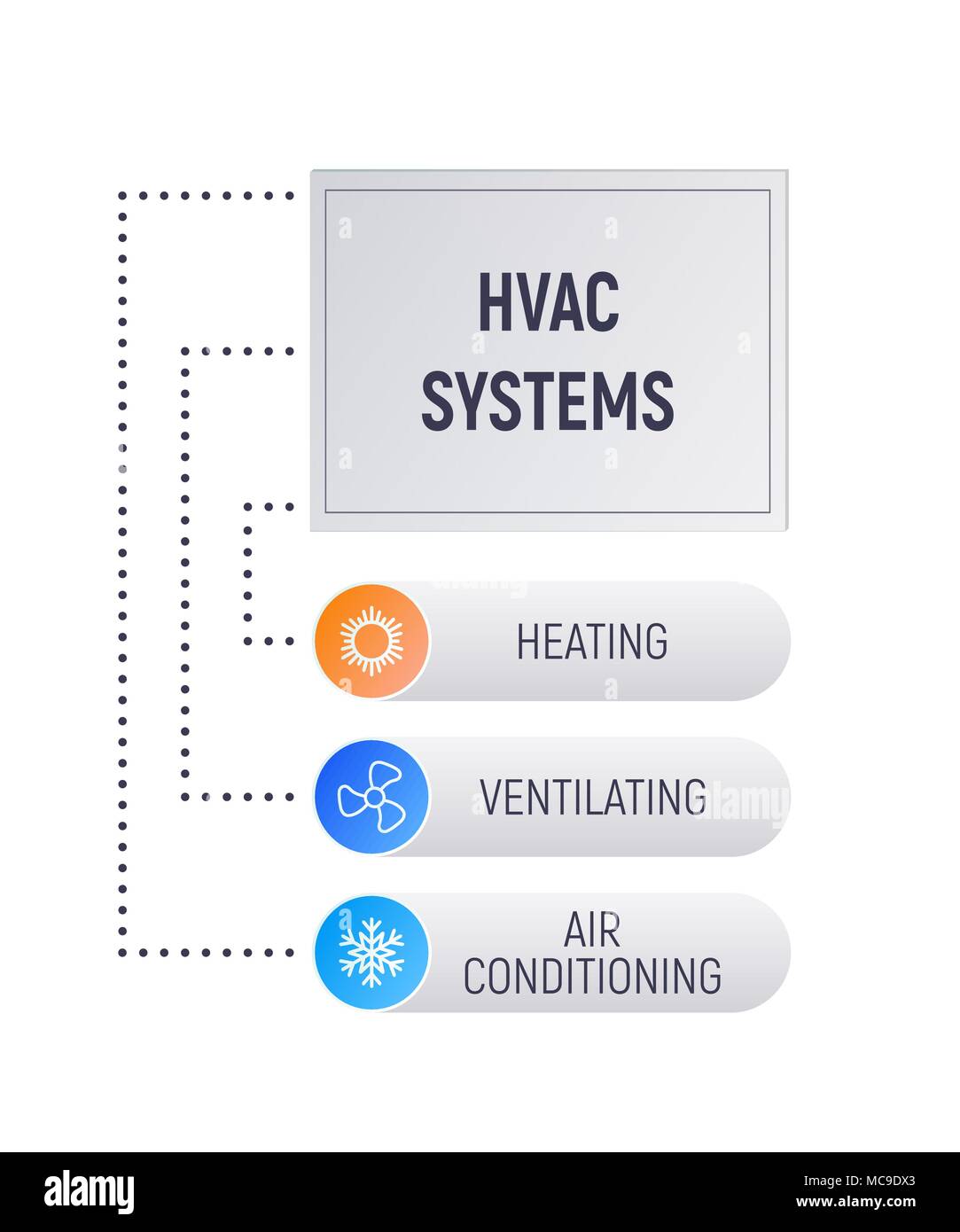The Impact Of Weather Condition On Heatpump Effectiveness And Techniques For Enhancement
The Impact Of Weather Condition On Heatpump Effectiveness And Techniques For Enhancement
Blog Article
Short Article By-Pacheco Munkholm
When it involves your heatpump, weather plays a critical duty in its efficiency. From freezing temperature levels to sweltering heat, each component can influence exactly how efficiently your system runs. But what can you do to battle these weather-related obstacles and ensure your heatpump is operating at its finest? Keep tuned to find sensible pointers and strategies to optimize your heat pump's efficiency, despite the climate condition it encounters.
Climate Elements Influencing Heat Pump Effectiveness
Climate factors have a significant influence on the efficiency of heat pumps. One crucial variable is temperature. Heat pumps work by moving heat from outdoors to inside throughout winter season and vice versa in summer season. As temperature levels decrease, it comes to be harder for the heatpump to essence warm from the outside air, reducing its effectiveness.
Another crucial element is humidity. High humidity levels can make it a lot more challenging for the heat pump to release warmth throughout the cooling process.
In addition, wind speed plays a role. Strong winds can dissipate the warmth soaked up or released by the heatpump, influencing its total performance.
Tips for Optimizing Heatpump Performance
To enhance the efficiency and longevity of your heatpump, applying a couple of key strategies can make a substantial difference in its efficiency.
Firstly, make sure regular upkeep by cleansing or changing filters every 1-3 months to avoid air flow blockages and take full advantage of air movement. In addition, timetable yearly specialist evaluations to discover and address any kind of potential issues early on.
Ideal thermostat settings also play a crucial function. Throughout the winter, aim for a temperature level setting that's as reduced as comfortable, and during the summertime, established it as high as comfy to minimize the workload on your heat pump. Making use of a programmable thermostat can aid you automatically change settings based upon your timetable.
In addition, sealing leakages in ductwork and shielding ducts in unconditioned areas can stop energy loss and enhance total system performance.
Last but not least, think about mounting a smart thermostat that can learn your practices and change setups appropriately, additional maximizing your heatpump's performance. By complying with these tips, you can ensure your heatpump operates efficiently and properly throughout the year.
Best Practices for Weatherproofing Your Heatpump
For optimum performance and effectiveness of your heat pump, implementing weatherproofing procedures is crucial. Start by securing any kind of gaps or splits around doors, home windows, and ductwork to avoid warmth loss and preserve a consistent interior temperature level.
Protect exposed pipes and ducts to stop cold throughout winter and ensure appropriate air flow. Think about installing a safety cover over the outside system to shield it from harsh weather condition components like snow, ice, and debris.
Frequently tidy the outside device to get rid of dust, leaves, and debris that can obstruct air movement and lower effectiveness. Furthermore, keep the area around the heat pump free from snow, ice, and greenery to permit proper ventilation.
Verdict
Now that you recognize just how climate impacts your heat pump efficiency, you can take aggressive actions to maximize its performance. By following Visit Web Page detailed in this short article, such as regular upkeep, thermostat changes, and weatherproofing steps, you can make sure that your heat pump runs at its finest regardless of the weather conditions. Stay successful and keep your home comfy throughout the year.
